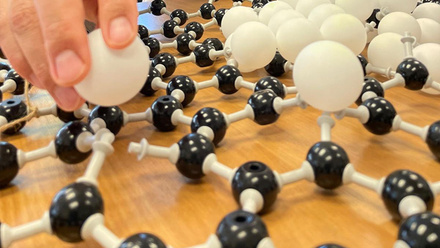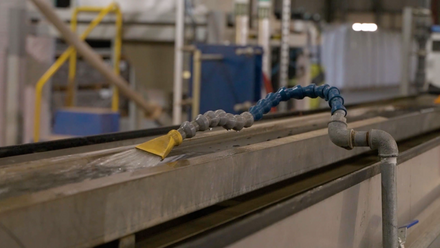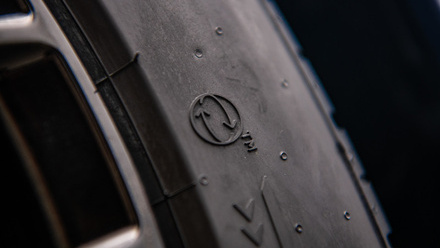Leading UK research facilities to move closer to net-zero
A leading, advanced robotics research centre is set to adopt a novel, in-house solution to tackling rising energy bills.

The Institute for Safe Autonomy at the University of York plans to use robots to install, inspect and maintain an array of solar panels that will provide all of the institute’s power.
As part of a brand new project, the array will turn the centre into a living lab to explore ways to safely develop and deploy robotic and autonomous systems to manage different configurations of photovoltaic solar cells.
It is one of nine projects at top research centres and facilities at UK universities that are set to improve their environmental sustainability, thanks to an £18.9 mln funding boost.
The investment will support universities to enhance, upgrade and adapt research centres and facilities to reduce their carbon emissions, and make research processes more environmentally sustainable.
It has been jointly made by Research England, part of UK Research and Innovation, together with the Higher Education Funding Council for Wales and Scottish Funding Council.
The centres and facilities receiving funding were originally established via the highly successful UK Research Partnership Investment Fund (UKRPIF), which is managed by Research England.
Funding has been made available through a pilot initiative to explore how existing UKRPIF-funded research centres and facilities can be enhanced to address net-zero carbon emissions targets.
The projects awarded through the pilot initiative cover a range of research areas, including robotics, digital technology, aerospace, and electronics, and are located right across the UK. They also include a wide variety of approaches to reducing carbon emissions.
In one project, The Institute for Safe Autonomy at the University of York will explore the use of robotics and automation to install and maintain solar panels. Another, at Cranfield University, will put in new equipment to significantly reduce the greenhouse gas emissions associated with airports and aerospace technology. And another project, at the University of Strathclyde, will fit equipment to manufacture medicines more sustainably. A full list of the nine projects funded is below.
As 23% of the UK’s CO2 is emitted from buildings and building usage, the nine projects will contribute to the government’s target to cut carbon emissions by 78% by 2035 and achieve net-zero by 2050. They also support UKRI’s Environmental Sustainability Strategy, which aims to raise the standard for environmental sustainability across the UK’s research and innovation sector.
The nine projects include:
- Yorkshire and the Humber: A Net-Zero Institute for Safe Autonomy, University of York, £1,520,000
- Scotland, Med Tech and Pharma: Towards Net Zero Medicines Development & Manufacturing, CMAC, University of Strathclyde, £2,500,000
- East of England / South East, Transport – Aerospace, Net Zero Research Airport, Cranfield University, £3,145,000
- South West, Natural Environment: CREWW ENZO: Embodying Net Zero in Operation, University of Exeter, £942,974
- East Midlands, Electronics: Future Energy Efficiency with DC Microgrid Technologies (FEED-MT), University of Nottingham, £2,000,000
- South West, Transport – Automotive: Taking IAAPS to Net Zero, University of Bath, £2,500,000
- North West, Chemistry and Materials: Low Carbon Chemistry Lab of the Future, University of Liverpool, £1,330,000
- Wales, Chemistry and Materials: Semiconductor Innovation for Net Zero (SIN_0), University of Swansea, £2,450,000
- South West, Digital Technology: Sustainable Campus Testbed, University of Bristol, £2,494,000







